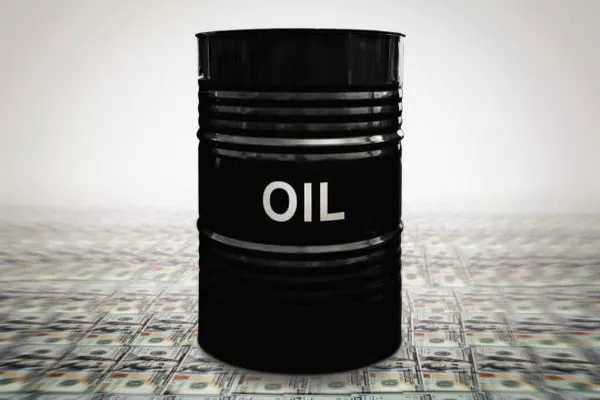Crude oil futures contracts are agreements to buy or sell a certain amount of crude oil at a specific price and at a predetermined date in the future. These contracts are traded on commodity exchanges such as the New York Mercantile Exchange (NYMEX) and the Intercontinental Exchange (ICE). In this article, we will discuss how crude oil futures prices are determined, the factors that affect them, and various risk management strategies that traders and investors can use to mitigate their exposure.
How Are Crude Oil Futures Prices Determined?
The price of a crude oil futures contract is determined by the forces of supply and demand in the market. When there is a high demand for crude oil, the price of futures contracts tends to rise. Conversely, when there is a low demand for crude oil, the price of futures contracts tends to fall.
Other factors that determine crude oil futures prices include:
- Geopolitical Events: Political events in oil-producing nations can significantly impact the price of crude oil futures. For example, a political crisis in a major oil-producing country like Saudi Arabia can lead to a disruption in the supply of crude oil, causing prices to rise.
- Economic Indicators: Economic indicators such as Gross Domestic Product (GDP), inflation, and interest rates can also influence crude oil futures prices. A healthy economy with strong GDP growth tends to increase demand for crude oil, leading to higher prices.
- Weather Conditions: Natural disasters such as hurricanes can disrupt the production and transportation of crude oil, leading to a decrease in supply and an increase in prices.
- OPEC Decisions: The Organization of Petroleum Exporting Countries (OPEC) is a major influence on crude oil futures prices as it controls a significant portion of global oil production. Decisions made by OPEC, such as production cuts or increases, can impact the supply and demand for crude oil, leading to price fluctuations.
Risk Management Strategies for Crude Oil Futures Trading
Trading crude oil futures contracts involves significant risks, and traders and investors must use risk management strategies to mitigate their exposure. Some common risk management strategies include:
- Stop Loss Orders: A stop loss order is a trade order placed with a broker to buy or sell an asset when it reaches a certain price level. This strategy helps traders limit their losses in case the market moves against their position.
- Hedging: Hedging involves taking an opposite position in a related market to offset the risk of a trade. For example, a trader can offset the risk of a long crude oil futures position by taking a short position in gasoline futures.
- Spread Trading: Spread trading involves simultaneously buying and selling two related futures contracts to profit from the difference in their prices. For example, a trader may buy crude oil futures and sell gasoline futures, anticipating that the price of crude oil will rise faster than the price of gasoline.
Investing in Crude Oil Futures: Opportunities and Challenges
Investing in crude oil futures contracts can offer significant opportunities for traders and investors looking to profit from the volatility of the oil market. However, there are also significant challenges involved. Some of the key considerations when investing in crude oil futures include:
- Margin Requirements: Crude oil futures contracts require investors to post margin to cover potential losses. Traders and investors must have sufficient capital to meet these requirements.
- Volatility: The oil market is highly volatile, with prices fluctuating rapidly in response to various factors. It can be challenging for inexperienced traders to navigate these fluctuations.
- Political and Regulatory Risks: The oil market is heavily regulated, and political events can significantly impact the price of crude oil futures contracts. Investors must be aware of these risks and have a solid understanding of the regulatory landscape.
Conclusion
Crude oil futures contracts are an important tool for traders and investors looking to profit from the volatility of the oil market. The price of crude oil futures is determined by supply and demand, as well as a range of other factors such as geopolitical events, economic indicators, weather conditions, and OPEC decisions. To manage the risks associated with trading crude oil futures, traders and investors can use various risk management strategies such as stop loss orders, hedging, and spread trading. While investing in crude oil futures offers significant opportunities for profit, it also involves significant challenges that must be carefully considered before making any trades.


